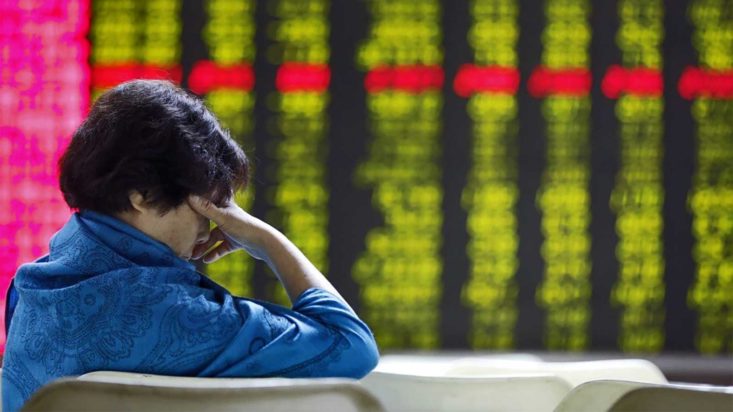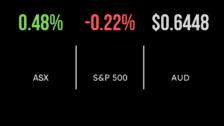All eyes on China – bond defaults in focus
Growing concerns on China’s corporate bond market defaults have investors worried that it could manifest into something bigger.
Bond defaults have been rising since 2017 with corporate debt standing at US$1.3 trillion ($1.7 trillion), which is more than 30% higher than total US corporate debt. While affecting mainly private companies, Beijing has decided to withdraw support and allow companies with heavy debt to go belly-up, at least those not considered ‘too big to fail’.
By doing this, foreign investors become concerned, because the average yield on foreign currency-denominated Chinese corporate bonds skyrockets above 10%, and bond holders miss their payments.
A recent research note released by BNP Paribas, titled “Chi on China,” talks about the impending crisis and whether China can manage the problem in an orderly fashion. BNP’s Chi says “Beijing has been signalling a gradual retreat from government guarantees on state firm liabilities since 2017. Chinese regulators have become more explicit recently in their calls for SOEs (state-owned enterprises) managing their risk or preparing to go bust.”
However, China has said that the bond default risk has to be diffused in such an orderly manner to keep any contagion at bay. The market is worried that this is a little easier said than done, and there is real systemic risk that can be triggered from these defaults.
BNP does say, however, that the ending of implicit guarantee is a positive move. It is structurally positive for China’s credit/asset pricing and the fear about contagion effects due to this withdrawal is, arguably, a healthy evolution of China’s bond market.
“It shows investors are responding to changing risks, which should help improve the market’s price discovery mechanism.”
It also forces state companies to follow hard budget constraints and adhere to credit limits. It will also remove any unfair advantages state firms have over private firms. And overall the move could improve China’s credit rating quality longer term.
Despite the current concerns, BNP says “Government bailouts will likely continue for systemically important institutions, especially banks and for those companies deemed strategically important for China’s national interest,” says Chi.
But ongoing bond defaults will mean investors will likely see haircuts to their investments, not unlike what is occurring in equity markets at the moment.
Overall, China’s decision to end implicit guarantees is a positive move as it shows the country is prepared to discipline rogue firms that operate without accountability. Unless, of course, they are a Chinese firm of national interest.











